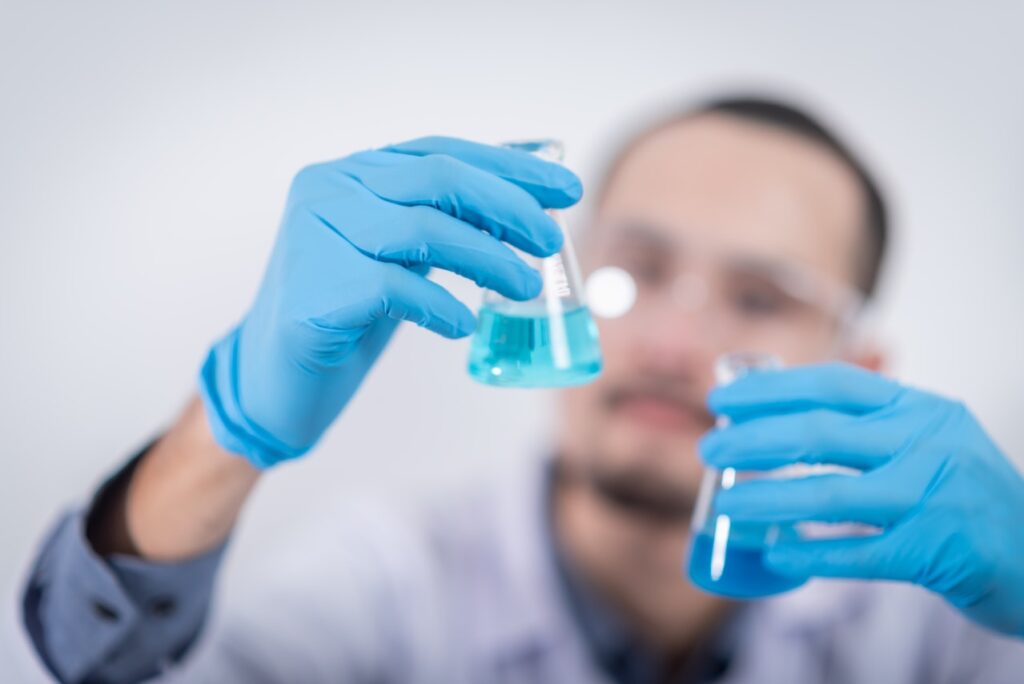A hereditary muscular disease that causes complete immobility and eventual death has been treated for the first time by Israeli researchers.
The drug was administered to a patient who was near death, completely immobile, and fully dependent on artificial ventilation, for over a year.
Not only did she stop deteriorating, she has improved dramatically: she can breathe without support for hours at a time, move her arms and legs extensively, and even feed her grandchild.
This was the first time a human had been treated with the drug. Until this point, the research team had been testing the novel medication’s safety in mice.
They were given a compassionate use permit to use it, which allows terminally ill patients who meet certain medical criteria access to drugs still undergoing clinical trials.
Other patients, some of whom are already in late stages of limb girdle muscular disease (LGMD), are awaiting treatment.
LGMD develops around the age of 40 years, progressing to complete immobility of the limbs and chest muscles by the early 50s, necessitating full-time ventilation and eventually culminating in death.
Sign up for our free weekly newsletter
SubscribeThe disease is caused by a mutation in the gene encoding an enzyme, which prevents it from creating cholesterol and other medical products like it is supposed to.
The novel drug, which was developed by researchers from the Ben Gurion University of the Negev and the Soroka Medical Center, contains a synthesized product that this enzyme normally creates (methylmevalonolactone) which patients with LGMD lack.
The researchers estimate that there are dozens to hundreds of people affected by this hereditary disease that could benefit from this effective, life-saving treatment.
They also believe that the drug could treat muscle symptoms that some users of statins, the most commonly used medication in lowering blood cholesterol, experience months after they stop taking the treatment.
In mouse models mimicking humans who experience these symptoms, the medication was shown to be very effective.
The study, published recently in the Proceedings of the National Academy of Sciences (PNAS), was supported by the Israel Science Foundation.
Related posts

Israeli AI Safety Tool Among TIME’S Best Inventions For 2024

TAU Team Discovers Mechanism To Eliminate Cancerous Tumors

Ashdod Port Investing In Startups As Part Of Innovation Strategy




Facebook comments